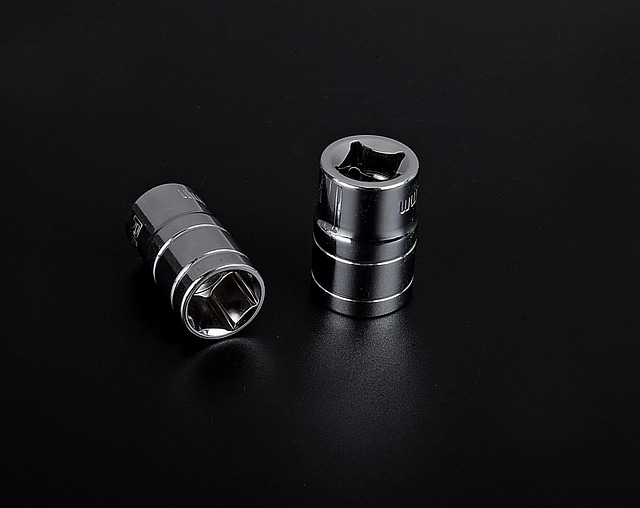Post-operative care after surgical wart removal is essential to prevent recurrence and infection. This includes keeping the area clean, dry, and following prescribed medication regimens. Regular hand hygiene, balanced diet, exercise, and adequate sleep support immune health. Avoiding HPV contact and strict hygiene minimize reoccurrence risk. Consulting specialists for professional procedures ensures effective, safe outcomes.
After undergoing a surgical wart removal procedure, it’s crucial to follow specific care instructions to prevent reoccurrence. This comprehensive guide delves into effective strategies for maintaining healthy skin and fortifying your body’s natural defenses. Learn how to identify and treat recurring warts promptly, adopt rigorous hygiene practices, boost your immune system naturally, and avoid exposure to known virus carriers. By implementing these steps, you can significantly reduce the likelihood of unsightly and painful wart return.
- Understand Post-Surgical Care Instructions
- Identify and Treat Reoccurring Warts Promptly
- Maintain Good Hygiene Practices Regularly
- Strengthen Immune System Naturally
- Avoid Contact with Known Virus Carriers
Understand Post-Surgical Care Instructions
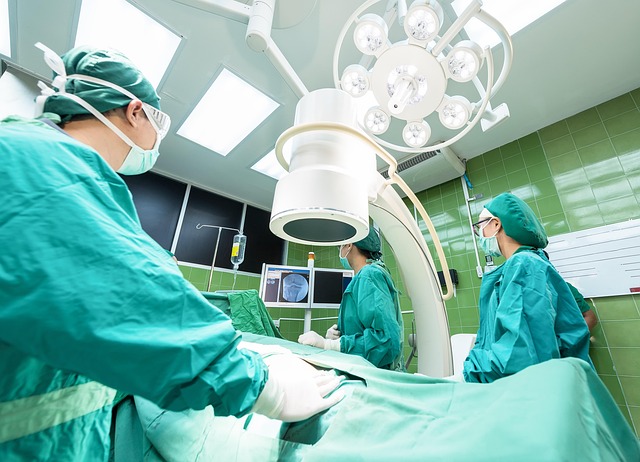
After a surgical wart removal procedure, adhering to your healthcare provider’s post-operative care instructions is paramount. This typically involves keeping the treated area clean and dry, avoiding strenuous activities that might irritate it, and applying prescribed medications or dressings. It’s crucial to follow these directions precisely, as it helps manage discomfort, promotes healing, and reduces the risk of infection or complications.
Understanding the post-surgical care plan is especially important for those considering private wart removal coventry or visiting a London wart clinic. Who needs surgical wart removal varies; some warts may be suitable for at-home treatment, while others require professional intervention. Either way, proper aftercare is key to preventing wart recurrence and ensuring optimal outcomes.
Identify and Treat Reoccurring Warts Promptly
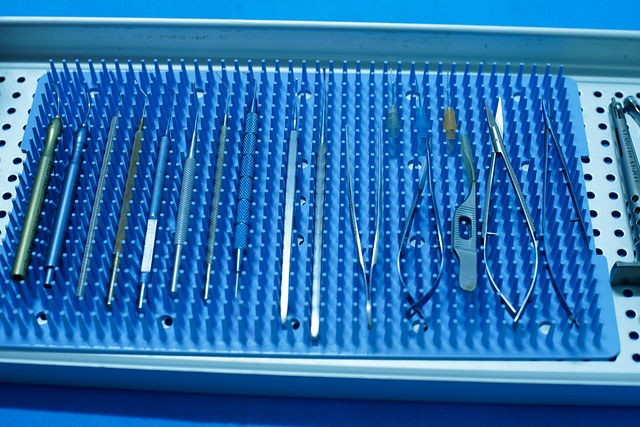
If warts return after surgical removal, it’s crucial to identify and treat them promptly. Reoccurring warts can be an indication that the initial infection wasn’t completely eradicated or that new viruses have entered the skin. The key is early detection. Regularly examine your skin for any unusual growths or changes in existing moles, paying close attention to areas where warts previously appeared. If you notice a new wart or an old one reappearing, take action immediately.
Prompt treatment can prevent further spread and reduce the chances of developing more complex skin issues. While some people attempt to treat warts at home after surgery, it’s essential to consult a medical professional for guidance. They can recommend suitable over-the-counter options or offer permanent wart removal procedures in Guildford, ensuring effective and safe results. Exploring permanent wart removal options is an additional step that can spare you the hassle of repeated treatments.
Maintain Good Hygiene Practices Regularly
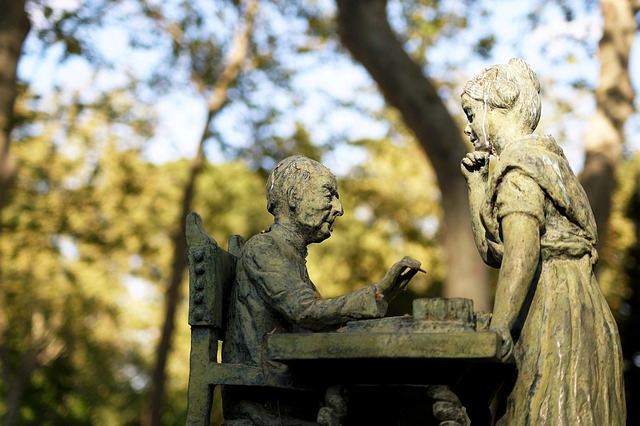
After undergoing a surgical wart removal procedure, adhering to good hygiene practices is paramount to preventing recurrences. This includes regularly washing your hands with soap and warm water, especially after using the restroom or before meals. Keep the affected area clean and dry, gently exfoliating the skin to remove any dead cells without causing further irritation. Additionally, avoid picking at the healing scar and be mindful of not touching your face with unwashed hands to minimize the risk of introducing new pathogens.
When considering surgical wart removal, especially in cases where warts are persistent or cause significant discomfort, consult a medical professional. They can provide expert advice tailored to your situation, ensuring the procedure is suitable for your age and health condition, whether you’re an adult or child (is surgical wart removal suitable for children). Private wart removal Manchester services offer specialized care, utilizing advanced techniques to remove warts effectively while minimizing scars and discomfort.
Strengthen Immune System Naturally
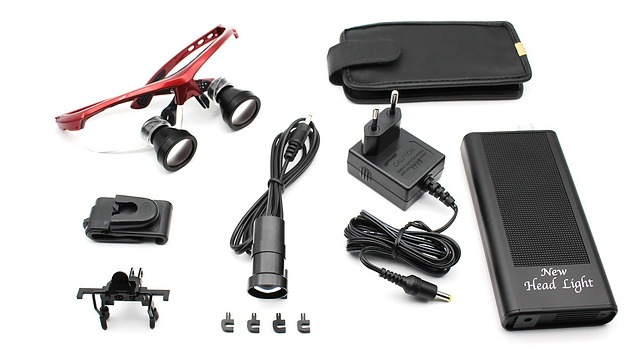
Strengthen your immune system naturally for optimal results after a surgical wart removal procedure. A robust immune response is key to preventing recurrences. Incorporate a balanced diet rich in vitamins, minerals, and antioxidants to nourish your body’s defence mechanisms. Include plenty of fruits, vegetables, whole grains, and lean proteins in your meals. Staying hydrated by drinking adequate water can also boost your immune function.
In addition to dietary changes, consider lifestyle modifications such as regular exercise, sufficient sleep, and stress management techniques. These habits contribute to overall well-being and support a healthier immune system. Remember, even after a successful surgical wart removal in Gloucester or private treatments in Chelmsford, Essex, maintaining a strong immune system is crucial for warding off future wart growth.
Avoid Contact with Known Virus Carriers
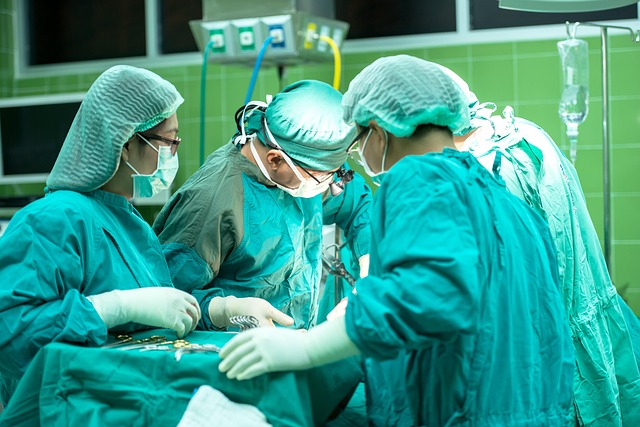
After a surgical wart removal procedure, it’s crucial to take preventive measures to avoid reoccurrence. One key step is to minimise contact with known carriers of the human papillomavirus (HPV), the main cause of warts. This includes avoiding close physical contact or sharing personal items like towels, clothing, or razors with individuals who have active wart infections.
Additionally, maintaining good hygiene practices and keeping your skin healthy can contribute to long-term solutions for recurring warts. Keeping your hands clean, regularly washing them with soap and water, and using hand sanitisers when necessary, can help prevent the spread of HPV. If you reside in areas like Wakefield or Canterbury where professional wart removal services are available, staying informed about proper post-removal care is essential to inhibit future growths.
Preventing warts from returning after surgical removal involves a multi-faceted approach. Understanding and adhering to post-surgical care instructions is paramount. Prompt identification and treatment of any reoccurring warts are crucial, as is maintaining excellent hygiene practices consistently. Strengthening your immune system naturally can also help fend off future infections. Additionally, avoiding contact with known virus carriers is essential in the context of wart prevention. By combining these strategies, you can significantly reduce the likelihood of warts returning following a surgical removal procedure.
